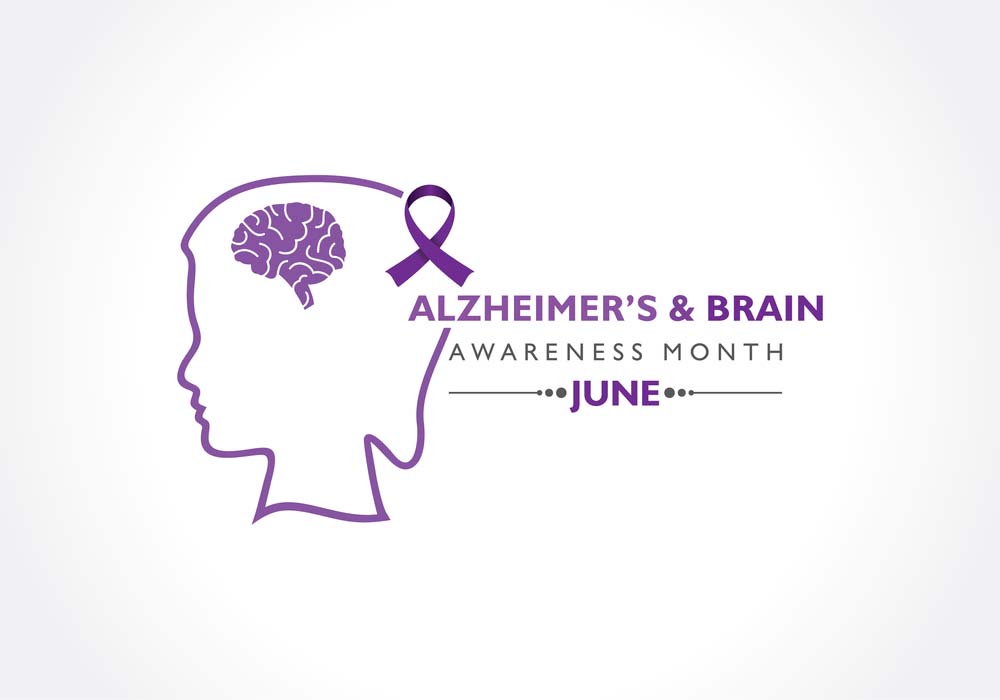June is Alzheimer’s and Brain Awareness Month. It’s a time for everyone to remember the importance of brain health and to shed light on the debilitating effects of Alzheimer’s disease. For families with loved ones experiencing cognitive decline, these awareness initiatives hold significant meaning. Beyond raising awareness, families often work with care managers to manage and slow the progression of Alzheimer’s disease. How is this possible?
Let’s start by taking a closer look at the role care managers play in Alzheimer’s and brain care, as well as steps family members can take to work collaboratively with them. Whether you’re new to this journey or looking to enhance your current care process, this guidance will immediately benefit family caregivers.
Care managers provide crucial support to families dealing with Alzheimer’s and brain disease care. Aging Life Care Managers, or Geriatric Care Managers, are professional consultants who specialize in the needs of older adults. They work closely with families to assess, plan, coordinate, and monitor care for individuals often affected by cognitive decline and related conditions. Care managers are objective, unbiased professionals who have been trained in areas such as social work, nursing, or gerontology. They provide a range of services, including assessment, referral, monitoring, family education, and advocacy.
So how can families work with care managers? There are a few important steps to consider. First, families need to identify their needs and goals for care. Care managers will conduct a thorough assessment of the care recipient and their environment to help determine an individualized care plan. This tailored plan can include recommendations for specialized services, such as memory care facilities or respite care programs, as well as guidance on legal and financial matters.
Communication is key. Families work collaboratively with their care manager to ensure everyone is on the same page. This includes developing a written plan of care that outlines specific objectives, tasks, and responsibilities. Regular meetings and check-ins with the care manager help ensure the plan is followed, and any updates or changes are made as needed.
Care managers will help families learn about Alzheimer’s and brain care. This includes recommendations for families of valuable resources and education on the latest caregiving strategies, disease management techniques, and other important areas of focus. This level of education can be invaluable for families who are managing the complexities of Alzheimer’s disease and related conditions.
Consider utilizing the care manager’s expertise beyond just crisis management. Care managers can provide support during transitions of care, as well as holistic solutions for managing cognitive decline. This may include guidance on community resources, home safety evaluations, and even counseling support for both the care recipient and caregivers.
While Alzheimer’s disease and related conditions can be challenging, navigating them with a care manager makes a significant difference. Through thorough assessment, individualized planning, regular communication, education, and expanded expertise, care managers can help alleviate the stress and burden that often comes with cognitive decline. Working collaboratively with care managers can provide families with peace of mind and allow their loved ones to maintain the highest quality of life possible. As we continue to recognize Alzheimer’s and Brain Awareness Month, let’s take a moment to appreciate care managers who work so tirelessly to provide support, guidance, and care for older adults affected by these conditions.

